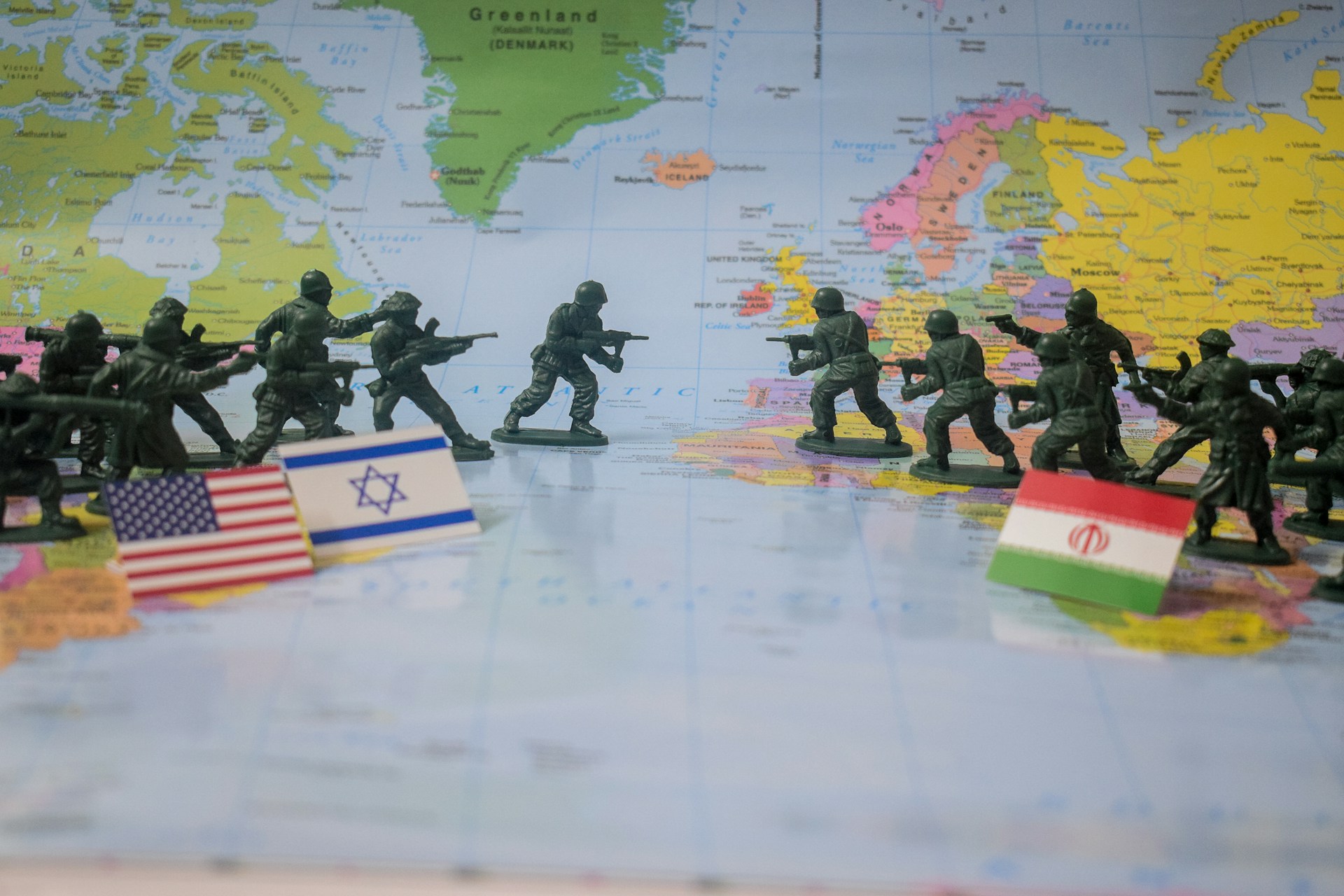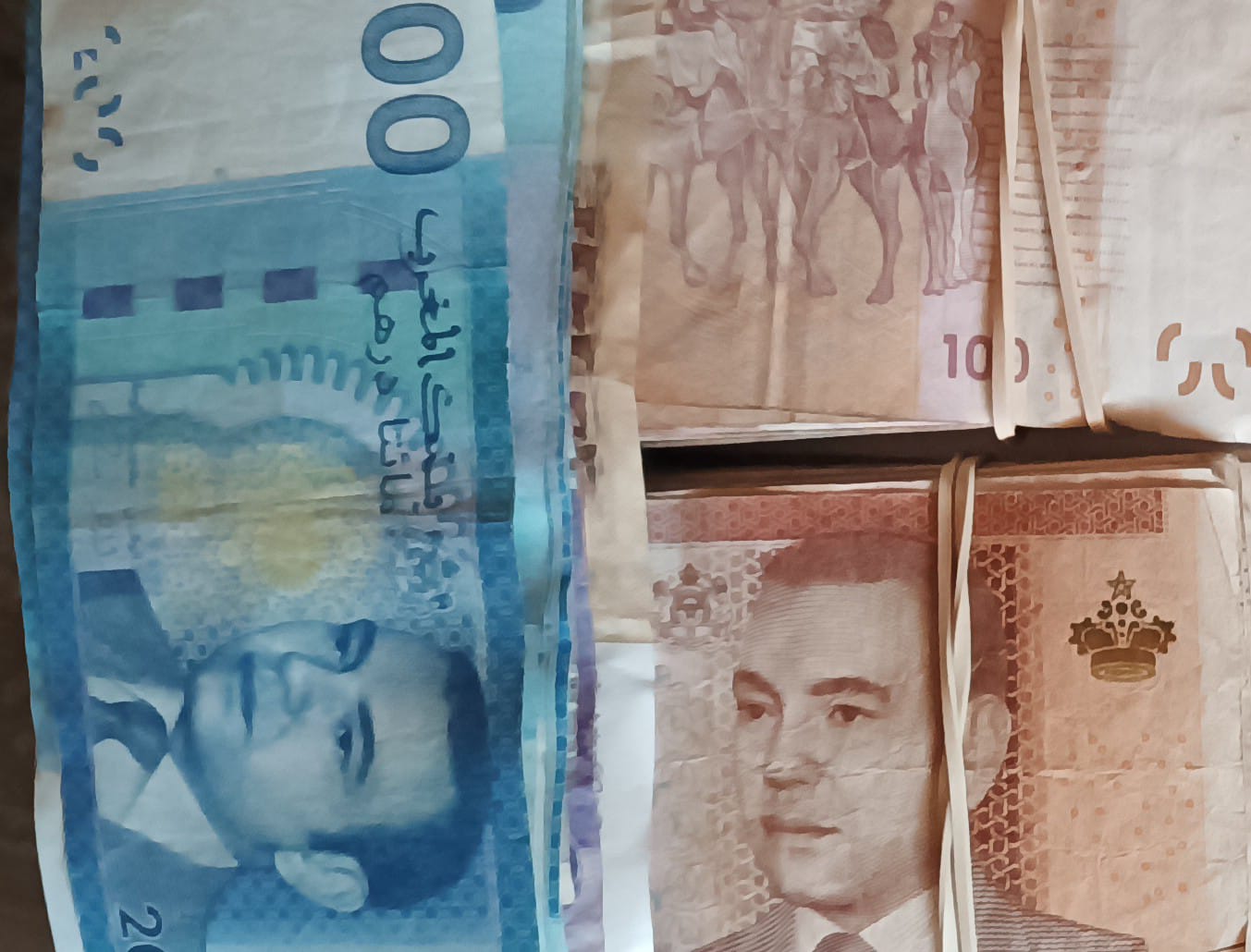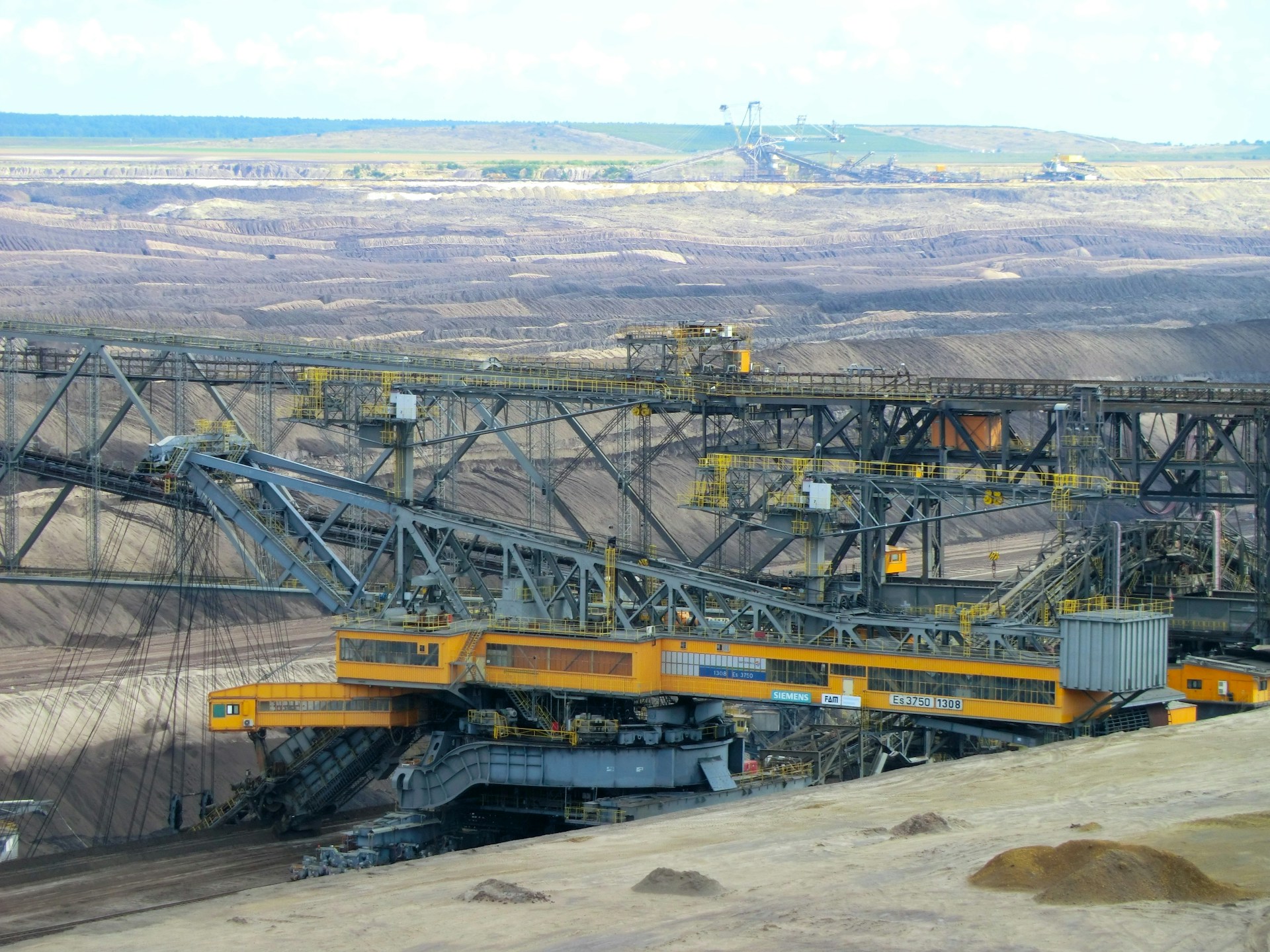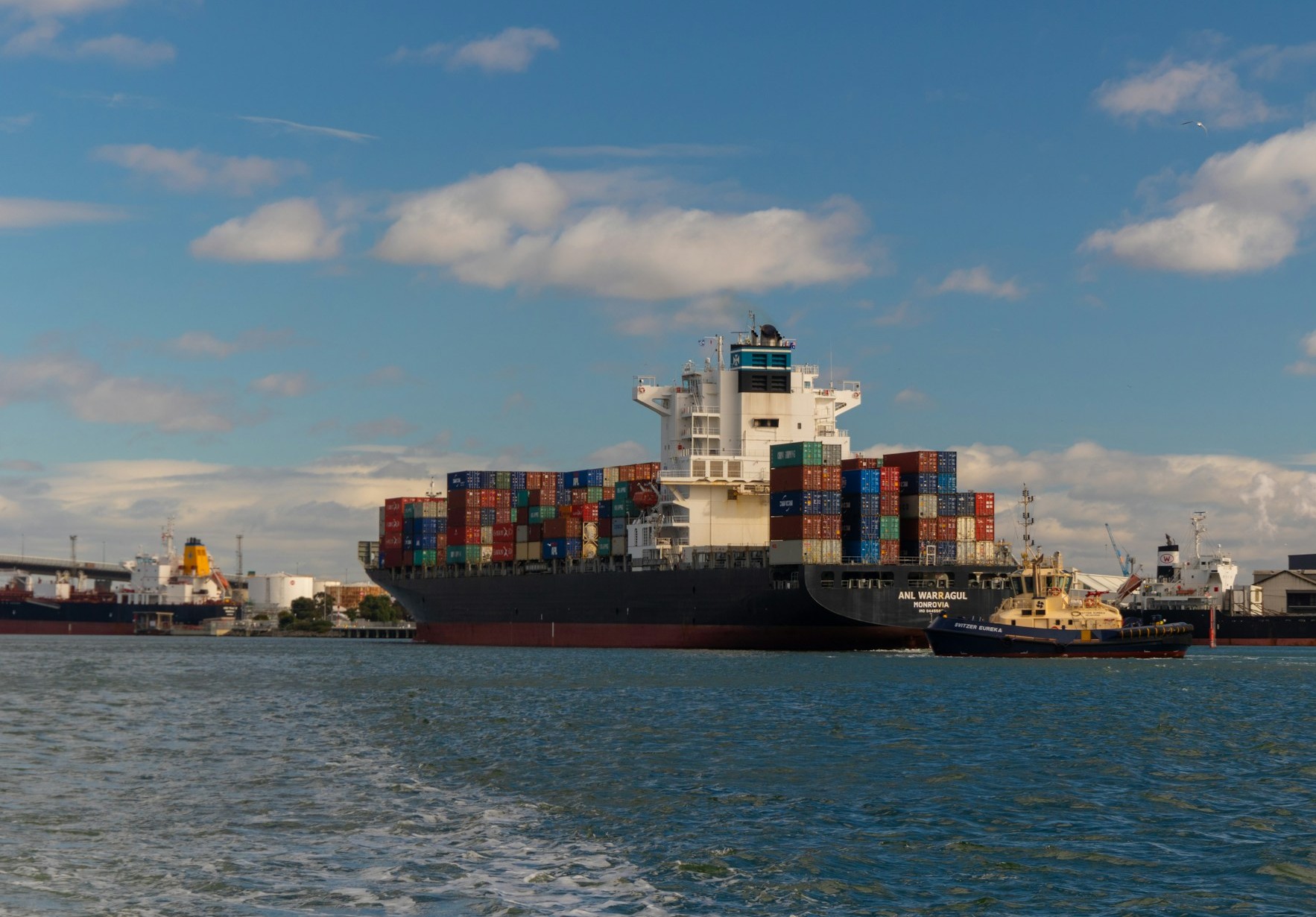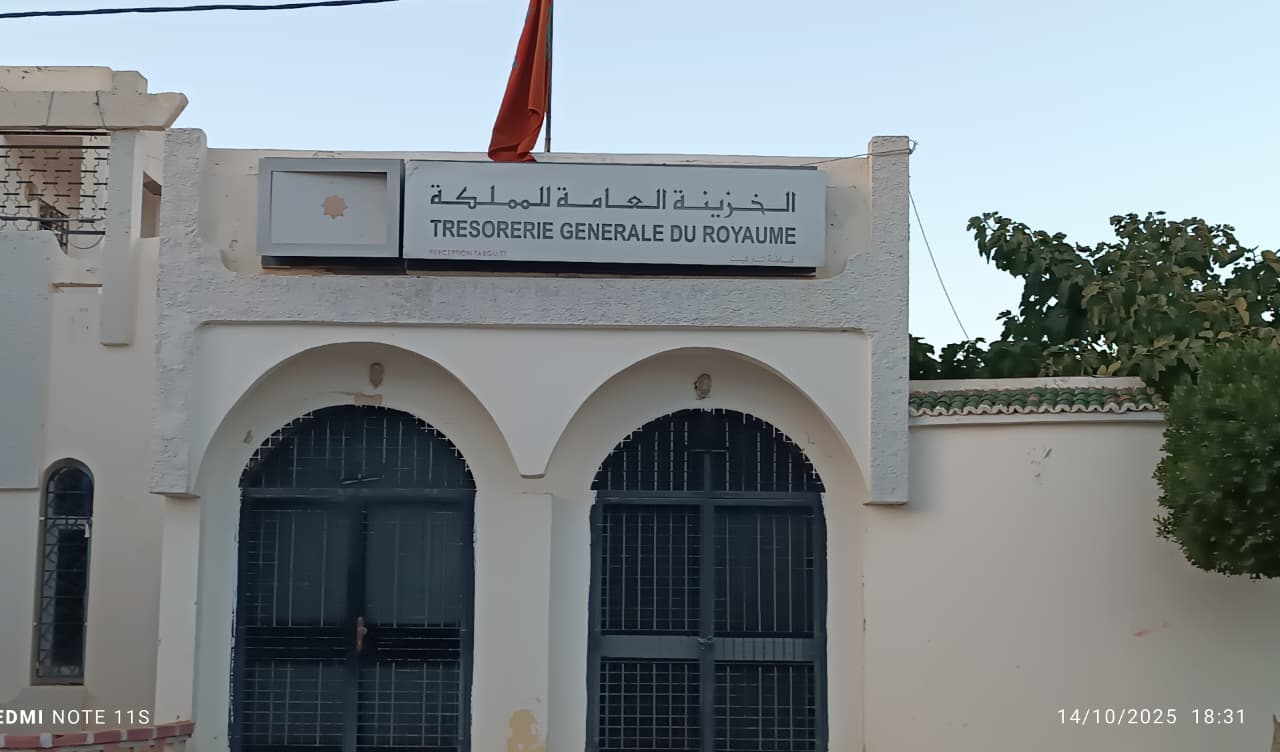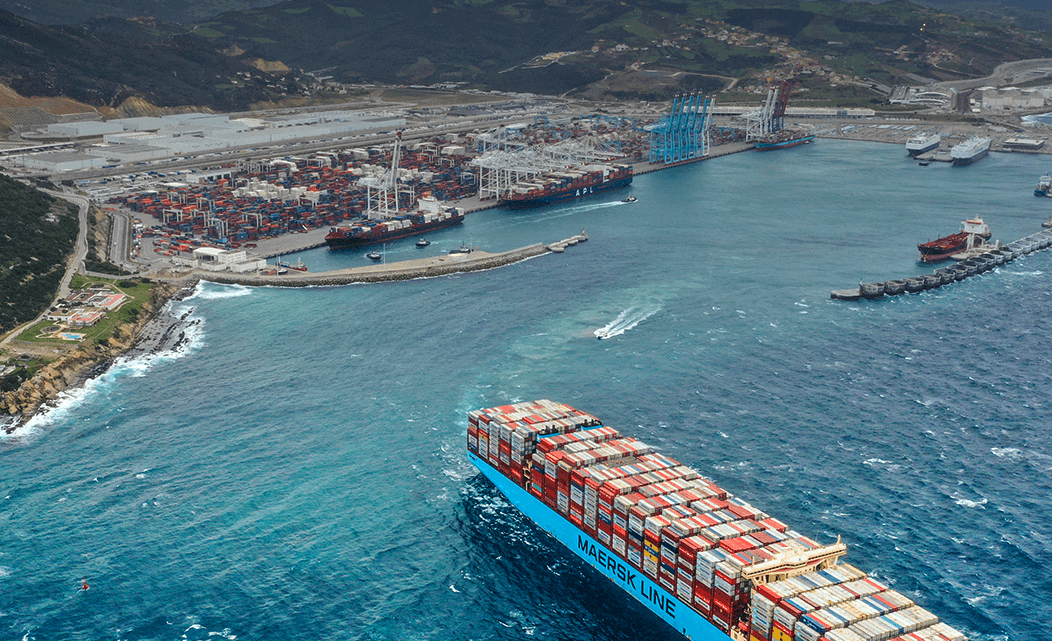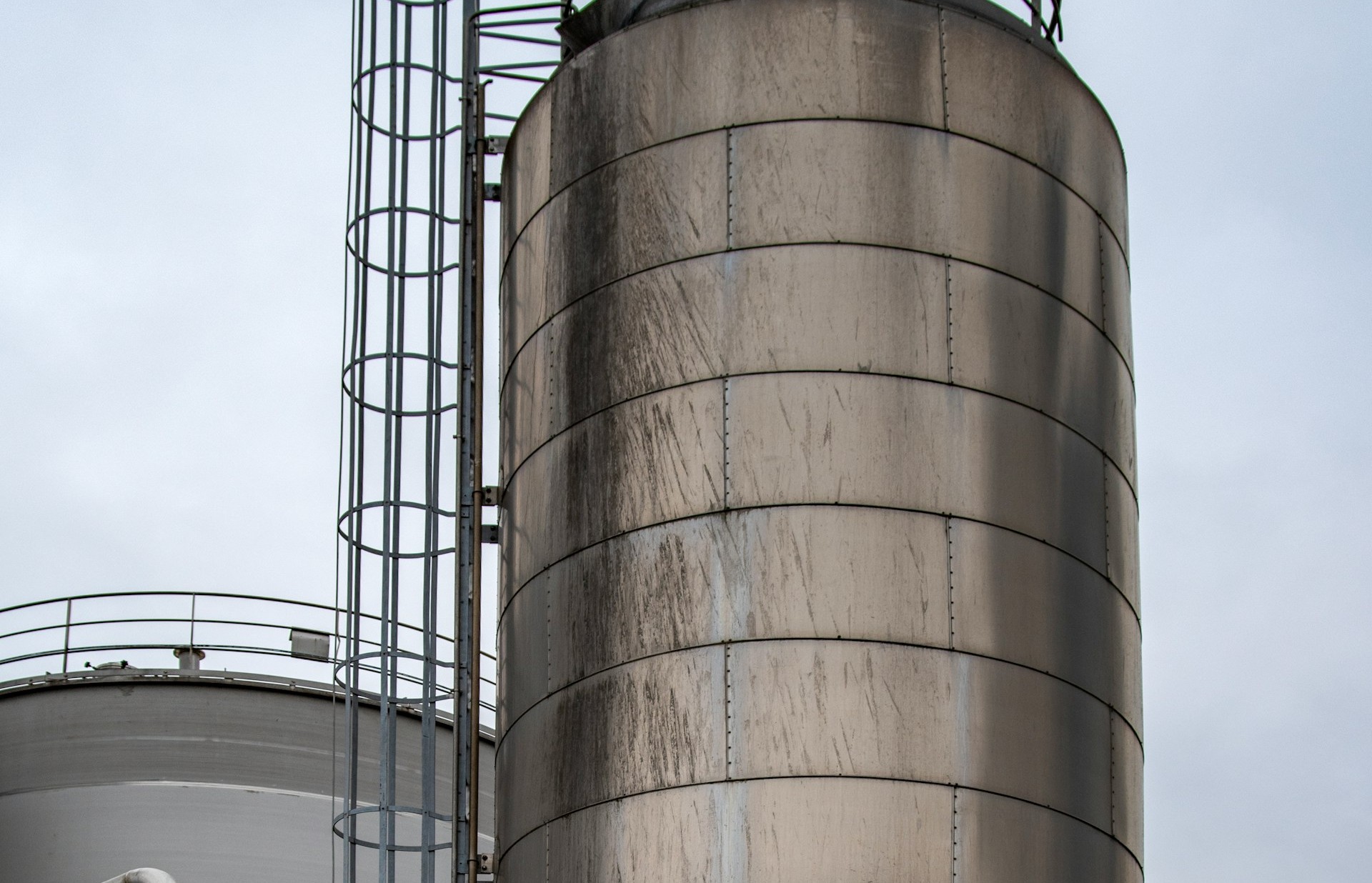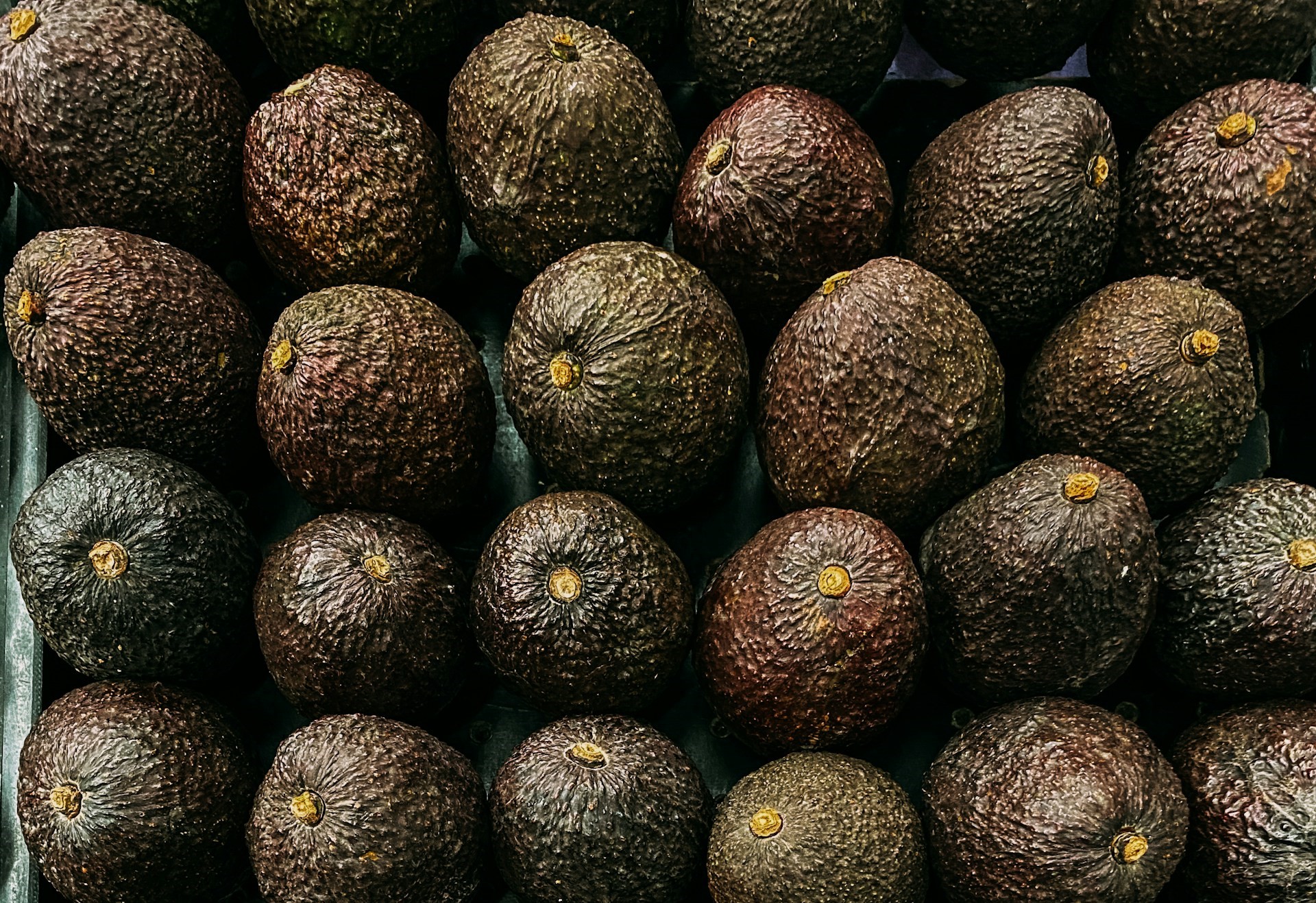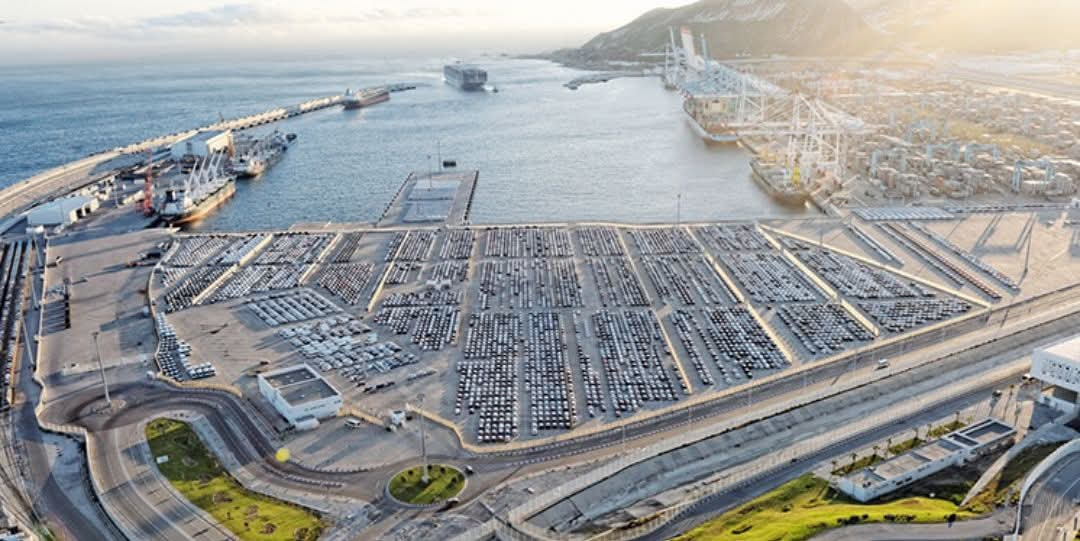Casablanca – Morocco is anticipating a significant rebound in its agricultural output this year, with cereal production expected to reach 44 million quintals, according to official estimates shared by the Ministry of Agriculture, Fisheries, Rural Development, Water and Forests. This marks a 41% increase compared to the previous season, signaling early signs of recovery after years of weather-related challenges.
The announcement came from Minister Ahmed Bouari during a high-level international conference on water and sustainable agriculture, held on the sidelines of the 17th edition of the International Agricultural Fair (SIAM 2025) in Meknes. Bouari described the current agricultural season as “promising by all measures,” especially when contrasted with the sector’s performance during recent years marked by drought and irregular rainfall.
Rainfall spurs optimism
This season’s turnaround is largely attributed to favorable rainfall in March and early April, which had a marked impact on farming conditions across various regions of the country. According to the Minister, these rains significantly improved vegetation cover and soil moisture, which in turn enhanced the performance of autumn-planted cereals and revived spring crops.
“The improved conditions are reflected not only in crop productivity but also in the general state of pastures, which are vital for livestock,” said Bouari. He noted that grazing areas in most pastoral zones had recovered well, thanks to consistent rainfall during critical growth periods.
The Ministry’s early estimates show a noticeable recovery in both plant and livestock production, which is expected to contribute to a 5.1% increase in agricultural GDP—a considerable shift from the 4.8% contraction recorded last season.
National livestock and food security
Beyond cereal crops, the Ministry is also prioritizing the recovery and growth of the national livestock herd, which had suffered due to prolonged drought. Bouari emphasized that this is part of a broader strategy aimed at ensuring food sovereignty, particularly in light of the growing importance of domestic supply chains.
In line with a royal directive, this year will see a suspension of traditional slaughter practices during certain national events to allow herds to regenerate. This measure is expected to support the gradual return of livestock numbers to levels seen before the 2020 downturn.
The Ministry is also preparing a comprehensive support program for livestock farmers, aimed at increasing productivity and strengthening resilience in the face of climate variability. This program will include technical support, financial incentives, and access to veterinary services.
Water as a strategic priority
A key theme of Bouari’s remarks was the strategic importance of water management for Moroccan agriculture. He stressed that the recent rainfall has not only helped with crops and pastures but also improved water reserves, paving the way for the implementation of an ambitious summer irrigation plan.
This plan is currently being developed in collaboration with the Ministry of Equipment and Water, with the goal of optimizing water use and ensuring efficient irrigation across vulnerable regions. The program is expected to be launched in the coming weeks.
Bouari underscored that water and agriculture are inseparably linked, especially in a context of increasing climate stress. “Efficient water use and irrigation development are key to the sustainability and competitiveness of Moroccan agriculture,” he said.
Structural reforms and future outlook
The minister also highlighted the ongoing implementation of the “Green Generation” strategy (2020–2030), which builds on the foundations of the earlier Green Morocco Plan. This strategy prioritizes human capital development, sustainable farming practices, and climate adaptation.
A mid-term review of the strategy is currently underway, five years after its launch, to assess its performance and adapt its programs to evolving national and international challenges. One of the targets is to increase the share of drip-irrigated farmland from the current 54% to over 70% by 2030.
Bouari concluded by affirming that King Mohammed VI has placed water at the center of Morocco’s development priorities, as outlined in his speech on July 29, 2024. The strategic objective is to guarantee drinking water access for all citizens and cover at least 80% of the country’s irrigation needs, regardless of climatic conditions.
As Morocco enters a crucial phase of agricultural and environmental transformation, the expected growth in cereal harvests this year stands as a symbol of the sector’s potential resilience. While challenges remain, the combination of improved rainfall, proactive governance, and structural reforms provides a cautiously optimistic outlook for Moroccan agriculture.

